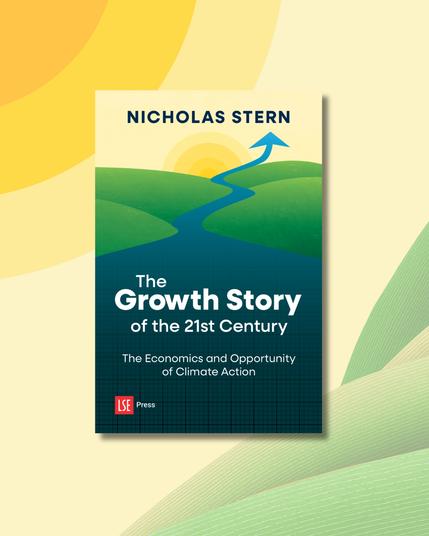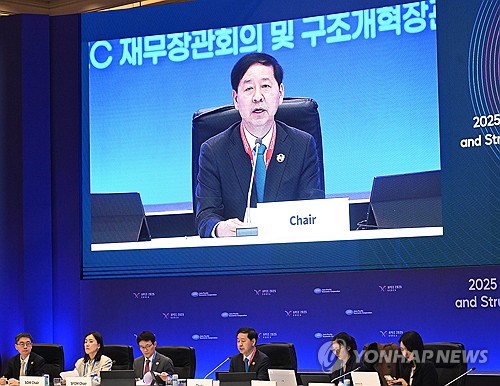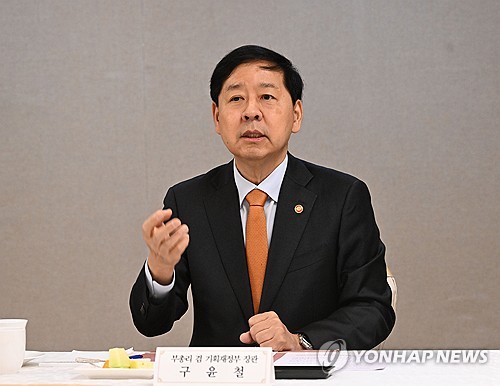I had a dicussion about Ford and Trump and I drove the point that what made Ford successful were counter to Trumps policies. How the two are like apples and oranges. Ford increased pay, Trump has increased cost, while firing and reducing pay/purchasing power.
Increasing wages enhances consumer purchasing power, giving workers more disposable income to spend on goods and services. This boost in purchasing power drives demand, benefiting businesses across various sectors. Higher consumer spending stimulates local economies and creates a positive cycle of economic activity. Additionally, elevating wages leads to improved worker morale, reduced turnover, and increased productivity. When employees feel valued and adequately compensated, they are more likely to invest effort and loyalty in their jobs, contributing positively to a company’s bottom line and overall economic growth.
By increasing wages, fewer workers will rely on government assistance programs, which reduces the burden on taxpayers and allows government funds to be redirected toward infrastructure, education, and healthcare—areas that promote long-term economic stability. While tariffs may aim to protect domestic industries, they often result in unintended consequences, such as higher prices for consumers and retaliatory measures from trading partners. Tariffs can distort market dynamics, potentially leading to job losses in sectors reliant on global supply chains. In contrast, investing in wages fosters a more equitable and stable economy, as evidenced by historical data indicating that periods of rising wages often coincide with economic expansion, unlike tariffs which can lead to contraction and instability.
#WageIncrease #EconomicGrowth #ConsumerSpending #EmployeeMorale #Productivity #WorkersRights #EquitableEconomy #TariffImpact #SustainableGrowth #LaborMarket #BusinessStrategy #SocialSafetyNet #EconomicStability








